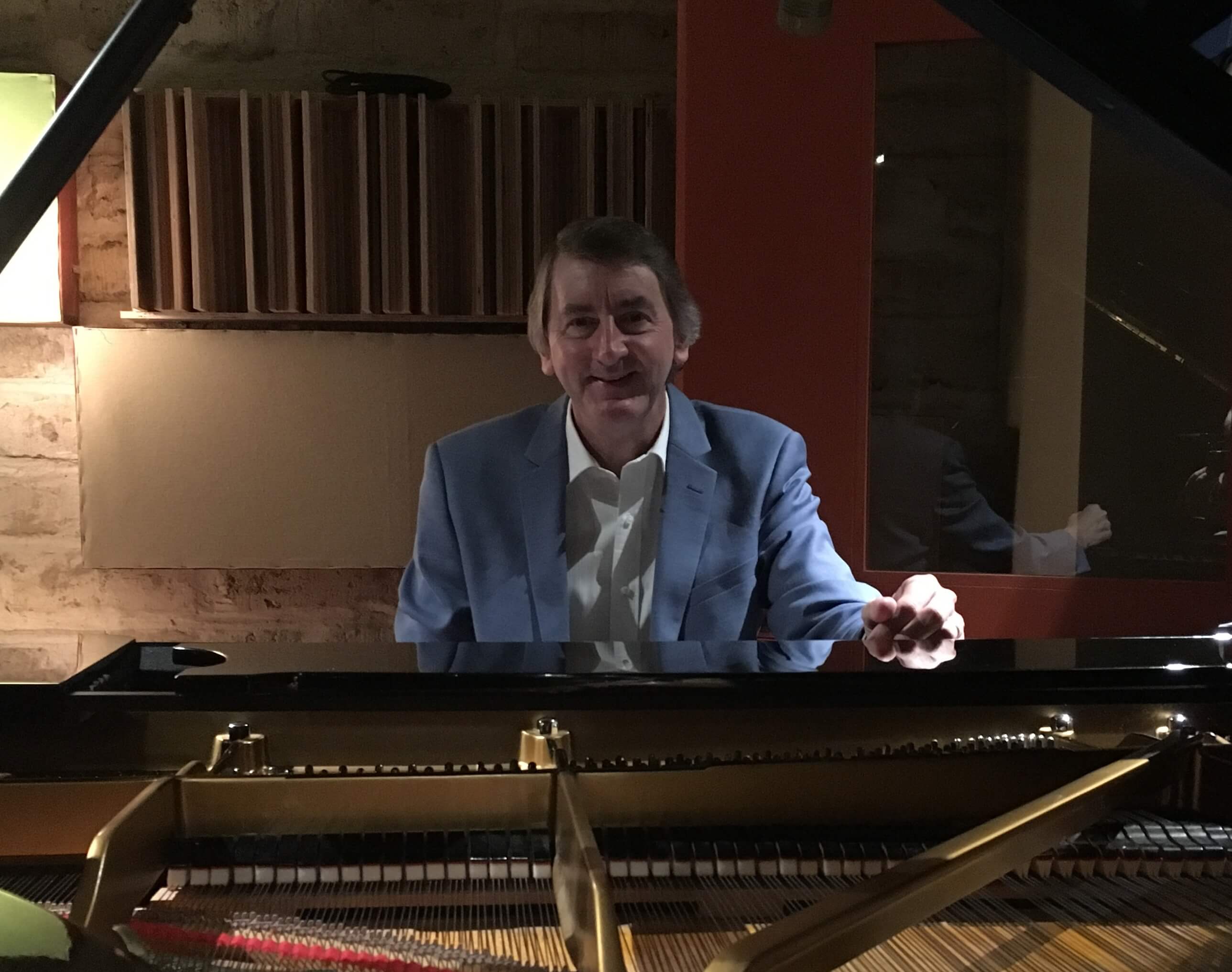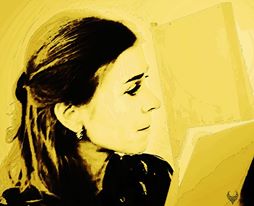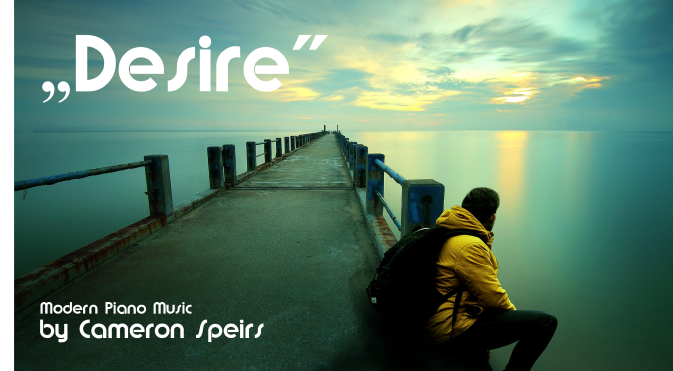Great to have you back!

2
Videos
About
I am an Australian pianist, composer and teacher. Music has always been my passion and continues to inspire and energise me. The piano features in my writing, including solo pieces, songs, ensemble pieces and a Piano Concerto. I have a deep interest in Russian music and art, in particular the works of Rachmaninoff, Scriabin, Chagall and Kandinsky.
Current projects include recording three new songs, continuing my series of preludes for piano, making an orchestral transcription for 2nd piano of my Piano Concerto and to continue working toward a complete set of recordings of my pieces.
More information, recordings and scores are available from my website – cameronspeirsmusic.com
Sheets
Interview
What does music mean to you personally?
Music has always been my passion, always fascinated and inspired me. Not a day passes without my writing, performing, listening, reading or thinking about music. The musicians that had the greatest impact on my musical development are Sergei Rachmaninoff and John Lennon. At it’s best, the great music of any culture and period represent a triumph of human spirit, intelligence and achievement.
Do you agree that music is all about fantasy?
Music can express a vast range of emotions and experiences and go beyond the realm of language. Fantasy, the freedom and unlimited creative possibilities in writing music stimulates me and provides a deeply satisfying experience and means of expression.
If you were not a professional musician, what would you have been?
After music, it is art that moves me the most. I deeply admire the works of Kandinsky, Chagall, Van Gogh and Dali. That is the direction I might have otherwise explored.
The classical music audience is getting old, are you worried about your future?
I think a new generation of extremely talented artists such as Khatia Buniatishvilli are playing an extremely important role in bringing classical music to new audiences through their passion, talent, warmth, dignity, glamour and charismatic personalities. This is extremely important, and gives me a confident, optimistic outlook on this topic.
What do you envision the role of classical music to be in the 21 century? Do you see that there is a transformation of this role?
I think that just as in the past, contemporary classical composers need to be producing music of the highest quality, performed with sincerity, conviction, dignity and passion. In doing so composers provide a unique and incomparable listening experience and I am certain that there is a substantial audience who thirst for this. The transformation has more to do with the way artists present themselves and their work, how they promote their work and connect with their audience.
When I say that classical music is searching for new ways or that the classical music is getting a new face, what would come to your mind?
Programs such as Moving Classics TV are perfect 21st century models for bringing fine music to a contemporary audience. Anna’s performances are highly accomplished musically, and are presented in a beautiful setting, dispensing with many of the outdated practices which have alienated audiences in the past. Her vision provides a valuable, engaging and attractive platform for reaching a broader audience for contemporary classical composers and this is extremely important in an age of global pop culture.
Do you think that the classical musician today needs to be more creative? What’s the role of creativity in the musical process for you?
Contemporary classical musicians need to be creative and persistent in finding their audience. Key to this, I think are – quality music and performances, warm/engaging stage presence, capitalizing on the enormous opportunities that ICT provide in promoting your work and dispensing completely with dated, outmoded performance practices. Personally, creativity is an essential process, deeply satisfying, mysterious and challenging. After my family, I am most proud of the music I have written.
Do you think we musicians can do something to attract a younger generation to classical music concerts? How will you proceed?
Khatia Buniatishvilli is the artist who, for me, personifies the direction professional 21st century musicians/composers need to proceed. She has cultivated an enormous following through the powerful combination of passion, talent, glamour, commitment, dedication, high quality website/promotional content and an uncompromising personal vision. Others like Yuja Wang have used a similar approach with meteoric results. I think we can learn much from this.
Tell us about your creative process. Do you have a favourite piece (written by you) How did you start working on it?
For me, the creative process remains mysterious in it’s source, which is part of it’s appeal. Sometimes melodic fragments and ideas flow from dreams, or walking or conversations. The ideas begin to develop over time and then you apply all of your skill, technique and knowledge to shape the best piece that you are capable of at that moment. I am fond of my Piano Concerto. The opening theme literally came in a dream…..and I wrote it down, so it sort of wrote itself! I also like my Preludes for piano.
We, Moving Classics TV, love the combination of classical music with different disciplines: music and painting, music and cinematography, music and digital art, music and poetry. What do you think about these combinations?
As an art lover, I am extremely interested in projects which combine the visual and performing arts. Over a century ago, Scriabin was already deeply immersed in his projected ‘Mysterium’, going several steps further by incorporating dance, gesture, incense, mime, wordless chorus and bells suspended from the clouds! Practical and financial considerations make such projects problematic, but what a magnificent vision and feast for audiences.
Can you give some advice for young people who want to discover classical music for themselves?
I would recommend that young listeners explore the recordings of greats such as Rachmaninoff, Horowitz, Buniatishvilli and Argerich, who, at their best, are electrifying and incomparable. I would also encourage young listeners to keep an open mind and ears to the incredibly diverse music environment of our times.
Now it is a common practice in the media to talk that the classical music is getting into the consumption business, do you agree? We are speaking about the supply and demand rules and how to sell your “product” in your case your compositions. How do you see it?
My focus remains on writing the best crafted, most effective and expressive pieces that I am capable of in the moment. Once I have completed a series of pieces to my satisfaction, then I absolutely want to share the music to the widest possible audience…. for the work to take on a life of it’s own. We are so fortunate to have so many powerful technological tools and platforms to promote and share our creations and I believe you must invest time and energy in a marketing strategy for your music. It is of no value sitting in a drawer.
Do you have expectations what regards your listeners, your audience?
My desire is that my pieces find a wide audience, are performed, recorded and listened to, but also, that the listener finds something life affirming, comforting, positive and beautiful in my writing. When we create with love, the result has a special quality……and I hope this quality is evident in my work.
What projects are coming up? Do you experiment in your projects?
My current focus with my creative work is to continue my series of Preludes for piano, to complete a number of studio recordings, to complete my website and then I will be concentrating on writing and recording a serie of songs.
Copyrights © 2019 Moving Classics TV All Rights Reserved.

